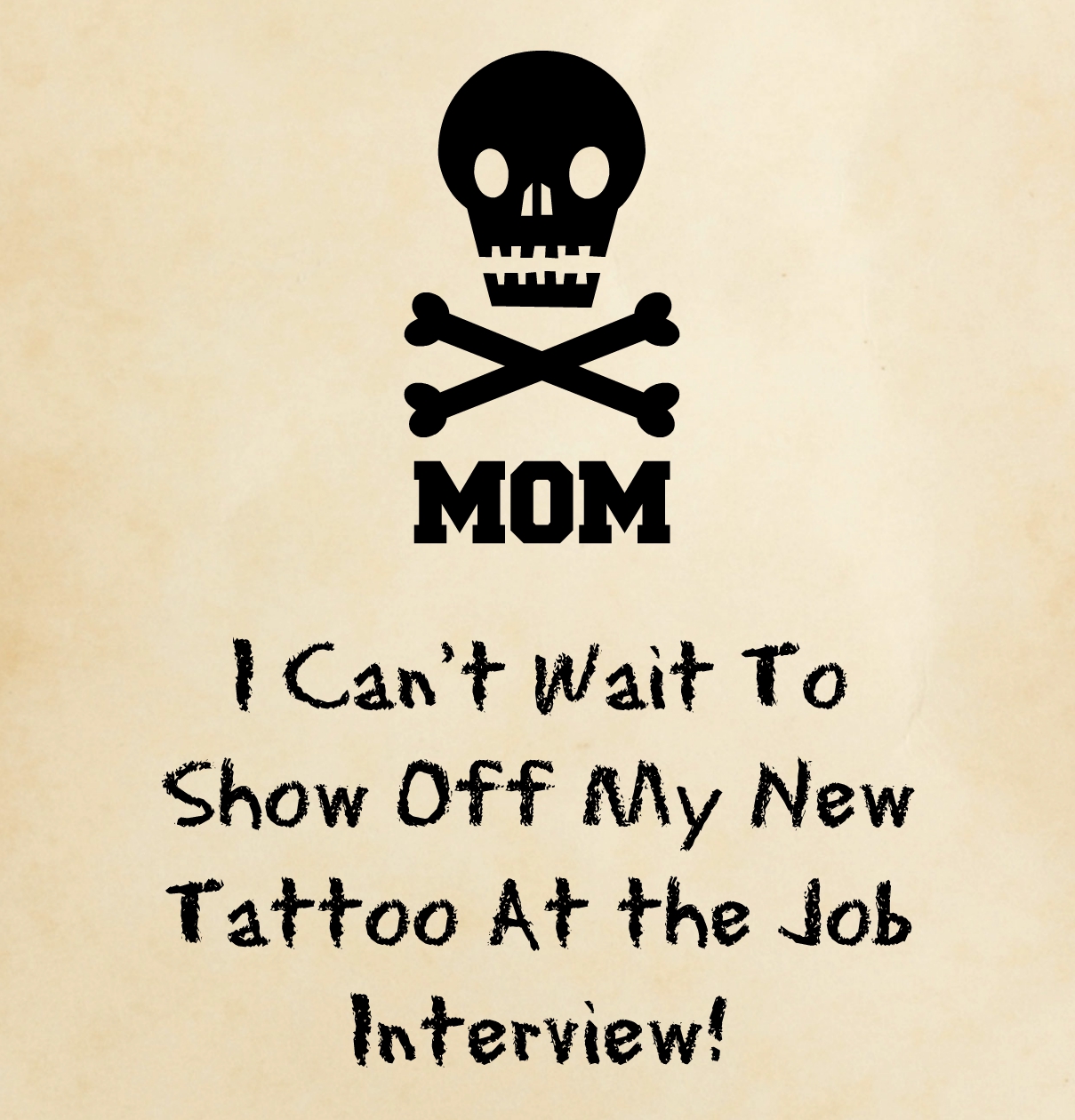Job fairs can be intimidating. They're big, they're typically held at arenas or hotels, they're crowded, and you don't get much of an opportunity to speak with companies because there's usually a long line of other candidates waiting behind you for their turn.
Yep, it's a meat market. But you can successfully navigate a job fair to your advantage. You just need to be strategic in how you manage it.
First of all, who are those people standing around in the booth, representing the company? Here are the players:
- The Corporate Recruiter / Human Resources Representative. More often than not, the HR guy / gal planned the company's presence at the job fair. They've been up all night putting the display together and making sure the hiring managers who were supposed to be there actually are there. Their primary motivations are filling open jobs, and going the hell home.
- The Top Performer. Companies usually like to have their a-list employees at the career fairs, because it reflects well upon the company. Particularly popular at college fairs. I mean, why would they invite...
- The Poor Performer. Yes, you read that right - often a company will designate a bottom performer as the individual to go to the career fair. Why? Why would they do that? Because they won't be missed in the office - if their performance isn't great, how much more harm can it do to have them out of work for the day? Not that the job seekers being judged have any idea that this is happening.
- The Happy Alumnus. When it comes to college fairs, employers love to send their alumni, and the alumni usually love to get a free trip back to campus. When I worked at Motorola, we employed a substantial number of University of Florida graduates. They would have gladly had a knife fight to decide the winner, and thus who went to Gainesville. It makes sense - proud alumni are enamored of their alma mater, and they're going to be highly engaged.
- Selected At Random. Yup, they needed a warm body, and this individual didn't have any pressing business.
Now you know the players. How do you effectively stand out at a job fair?
- Start early. Job fairs start quiet then build to a roar as the day gets going. If you have the ability to arrive when the fair opens, you have a better chance at shorter lines. You also get fresher company reps, who haven't talked themselves raw. You may get the opportunity for a more in-depth conversation.
- Dress for success. Wear a suit. A nice suit. This is your first impression with a company. If you're coming from work, and they have a business casual dress code, change into that suite before going into the job fair. It makes a difference.
- Have a plan of attack. Job fair organizers will often publish a list of exhibitors prior to the event. Decide upon your must-visit employers and see them first. Then canvas the rest of the fair.
- Print your resumes on nice stationery. A bonded linen paper looks far nicer than your glossy white copy paper. It shows you care.
- Have targeted cover letters for your key employers. This is a nice little touch that can make a big difference. If you know that you will be visiting Company X at the job fair, have a customized cover letter for that employer.
- Polish your elevator pitch. This is the first thing you say after introducing yourself - 30 seconds about who you are and what type of position you're looking for. A snappy intro will help generate interest.
- Watch for the cues that your time is up. Interviewers want to be nice, but they may be trying to signal that they need to get to the next person. If it feels like you've overstayed your welcome, you probably have. Thank them for their time, and move on to your next exhibitor.
- Send thank you notes. If you obtained the interviewer's contact information, a brief email to them after the fair thanking them for their time along with a soft copy of your resume will reinforce your interest.
Scott Singer is the President and Founder of Insider Career Strategies Resume Writing & Career Coaching, a firm dedicated to guiding job seekers and companies through the job search and hiring process. He is a Human Resources professional and staffing expert with almost two decades of in-house corporate HR and staffing firm experience, and is a Certified Professional Resume Writer (CPRW) and Certified Professional Career Coach (CPCC).
Insider Career Strategies provides resume writing, LinkedIn profile development, and career coaching services, including a free resume review. You can email Scott Singer at scott.singer@insidercs.com, or via the website, www.insidercs.com.






